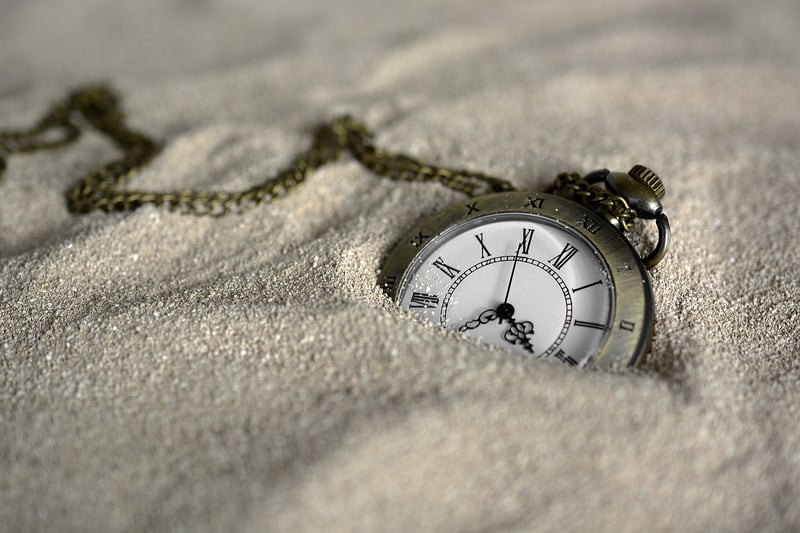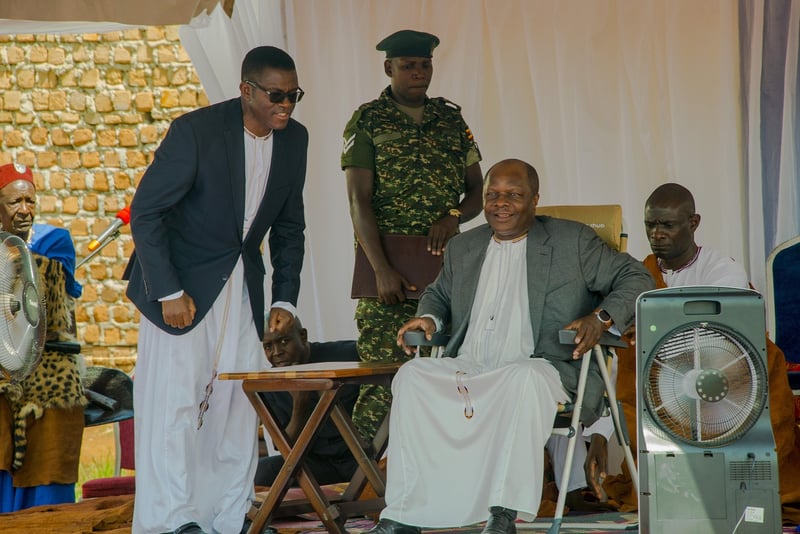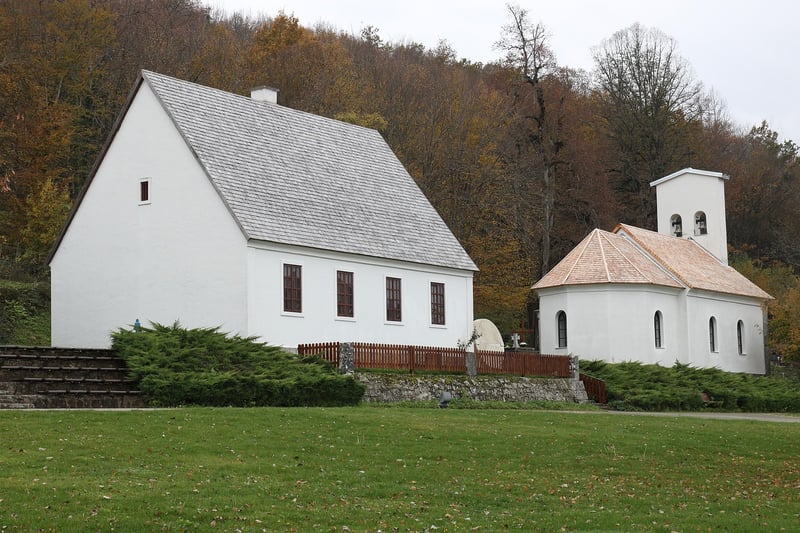Chrono Pioneers
Profiles of Time Travelers and Chrono Pioneers
Introduction
Time travel has long been a fascinating concept in science fiction, capturing the imagination of many. While time travel remains a theoretical possibility according to some scientific theories, there are individuals throughout history who have claimed to have experienced it or have made significant contributions to the field of time travel. Let's explore some profiles of time travelers and chrono pioneers.
1. John Titor

John Titor is one of the most famous alleged time travelers. He first appeared on online forums in the early 2000s, claiming to be a time traveler from the year 2036. Titor shared detailed insights into future events and technology, sparking intense debates among conspiracy theorists and science fiction enthusiasts.
2. H.G. Wells

H.G. Wells is renowned for his classic novel "The Time Machine," published in 1895. Wells is considered a pioneer in popularizing the concept of time travel through his literary works, influencing generations of writers, filmmakers, and scientists with his imaginative narratives.
3. Dr. Ronald Mallett

Dr. Ronald Mallett is a theoretical physicist known for his research on time travel. Inspired by H.G. Wells' "The Time Machine," Mallett has dedicated his career to studying the theoretical possibilities of time travel, particularly through the concept of circulating laser light to warp spacetime.
4. Nikola Tesla

While not a time traveler himself, Nikola Tesla was a visionary inventor and engineer whose groundbreaking work in electricity and wireless communication laid the foundation for modern technology. Tesla's unconventional ideas and experiments often bordered on the realm of science fiction, inspiring future generations of innovators.
Conclusion
Whether through fictional narratives or scientific pursuits, time travel continues to captivate our curiosity and spark creative exploration. The profiles of these time travelers and chrono pioneers offer a glimpse into the diverse realms of imagination, innovation, and theoretical possibilities that surround the concept of traversing the fabric of time.
